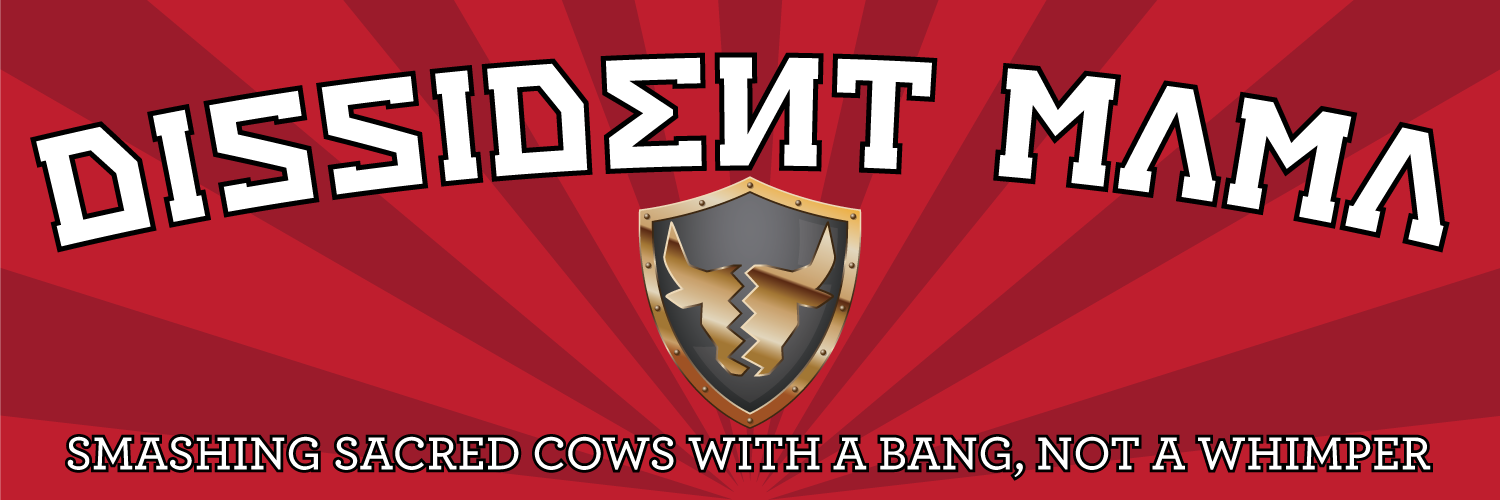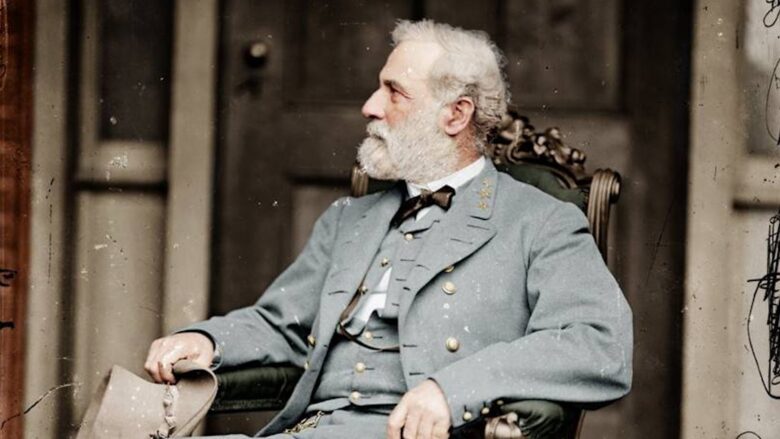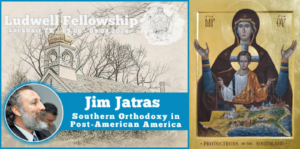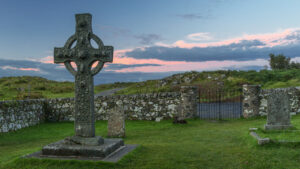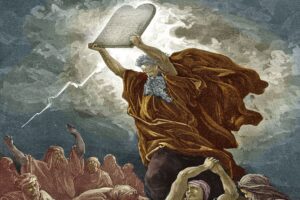June is a beautiful time of year. It marks the beginning of summer with its sunny adventures, pleasure of eating watermelon and catching lightnin’ bugs, and long, lazy days with friends and family. It’s also the month in which my oldest son was born (16 years ago this year, in fact), and includes some important birthdays for Southern history, as well.
“Jefferson Davis, John Randolph of Roanoke, and Abel P. Upshur were born in June – as was Clyde Wilson – making this a month of Southern conservatism,” notes Dr. Brion McClanahan.
June 3rd marked “Jefferson Davis’s 215th birthday, and his dream of ensuring that future generations would understand what he considered to be the bedrock of American constitutional thought has been steamrolled by the Lincolnian myth of an ‘indivisible nation’ without the consent of the governed,” continues the notable historian. “Davis, Randolph, Upshur, and Wilson all argued throughout their lives that the Southern spirit of ’76 and ’98 should never die, even if fashionable opinion called it ‘treason’ and antithetical to the American political tradition.”
It was in June of 1862 in the Old House Chamber of the Virginia Capitol that Robert E. Lee took command of the Army of Northern Virginia, which under Lee’s leadership would become the most powerful army of the Confederacy and formidable foe against the well-armed and populous Yankee forces. Lee’s acceptance took place during the Peninsula Campaign, the Union’s first large-scale offensive to try to take Richmond, yet Old Marse Robert was successful in repelling Gen. George McClellan’s Army of the Potomac from the Confederate capital and away from his home of Virginia.
Two years later from June 1st through 12th, 1864, Lee and his gallant soldiers beat back Gen. Ulysses S. Grant and his assorted and assembled Yankee invaders at the Battle of Cold Harbor. Like so many times before, General Lee and his loyal men proved victorious, and with half the men no less. Truly, if there’s any hard-won Southern trait common among so many of our heroes, both sung and unsung, it’s resilience in the face of overwhelming odds. Unfortunately, this would be Lee’s final victory of the War for Southern Independence.
Lastly, it was nearly 30 years prior in June of 1831 that a young Robert Edward Lee married Mary Anna Custis, the great-granddaughter of Martha Washington, forever forging the bonds of sacramental love and strengthening Virginia roots. So take heart, Southern folks. June is not just as good a month as any to celebrate our proud Dixie heritage, it’s a stupendous month to do so!
With that, I present the followup poem to Walt Garlington’s “Contantius Lee.” May God bless you all throughout June and beyond, and let’s be sure to never forsake those who came before as well as those who are still fighting the good fight through perseverance and prayer, not pride. Deo vindice!
By Walt Garlington
The eyes of Zebulon Lee stared blankly
In the harsh LED light of his apartment,
His red hair hanging loosely about his bearded face,
Alone in Virginian Alexandria.
In the blink of an eye, he found he was not.
Saint John the Baptist:
These lights will make you go blind, you know.
Zebulon:
Stranger, I feel that I have long been wandering
In a trackless waste.
St. John:
You speak truly,
For your father Constantius risked much to find
The precious treasure you so glibly stow
On your countertop.
[Another visitor appears.]
Herod:
But why should he concern himself with this,
This musty flesh? Look what trouble it has brought
To his life – His father is dead and the house of Lee
Is heaped with loathsome shame. Constantius
Believed in the power of a dead man’s hand
To unify his people, but found himself
Mocked and murdered by secret police.
St. John:
What is your advice for the man, then, Herod?
Zebulon:
Herod?
St. John:
Herod, yes. What course should he take?
Herod:
There is only one sure path to power
In this world: Take it by force! Constantius,
Like Robert before him, wouldn’t stain his sword
With his enemies’ blood. Those they opposed
Remain as rulers, themselves now in ignominy.
Avenge them, pitiful young Lee, sitting weakly
On the floor! Take up sword and gun, knife and poison,
Kill those who humiliated your kinsmen,
And be the strong ruler they refused to be!
Zebulon [Stands.]:
You speak with boldness, sir, as one who knows,
Rather than who shares a speculation.
But I, too, have read a little history,
And know what end awaits a governor
Whose rule is founded on seas of blood. You slew
Wife and sons, dozens of the Sanhedrin,
And fourteen-thousand young innocent babes,
That you might cling a little more securely
To your sweet power. What did it avail?
You died anyway, and mis’rably, hated by all.
Herod [Spits at Zebulon.]:
And who are you – Good King Alfred, reborn?
Going to lead the Southern people with prayers
And baubles to victory over the Northmen
From your little hovel, your own sad Athelney?
Zebulon:
Who I am, or shall be, is no concern
Of yours. Be gone!
Herod:
A curse fall upon you!
[Disappears.]
Zebulon [To St. John]:
You have been mighty quiet throughout, Stranger.
St. John:
Evil has a way of defeating itself,
At times.
Zebulon:
And yet at other times it persists.
For two hundred years, my people have had to wear
The Yankee yoke. My father believed the hand
Of St. Andrew would safeguard us, but he died,
And we are again unfree. Was his faith misplaced?
St. John:
No Mr. Lee, not misplaced, simply unfulfilled.
The Adversary cannot thwart the will of God,
Only delay it. Now that you have shown yourself
Faithful, you must finish what your forefathers began.
A gathering of many thousands will soon take place
In the federal city before Lincoln’s temple
To stir up nationalistic fervor,
To strengthen the union that was dead
And yet lives again. Take with you St. Andrew’s relic,
Stand before the tyrant, asking God for help,
And you will see deliverance for your people.
Only know that fierce persecution awaits you,
If you go. But even so, the Gracious Lord
Will not abandon you.
Zebulon:
Nor will I Him.
But tell me, Friend, ere I go, who you are.
I think we have met before, haven’t we?
St. John:
When you go to give thanks to God after witnessing
His mighty acts, then you will know who speaks with you.
[Disappears.]
Zebulon, momentarily stunned to stillness
By this and all the day’s events, recollected himself
Quickly and prepared to go. Upon his chest
He strapped the reliquary of St. Andrew’s hand,
The bands forming the familiar Southern cross.
He found the words of St. John true: Beaten
By demons, stabbed by thieves, abused by soldiers
As he traveled to Lincoln’s shrine, the Lord Jesus
Sent an angel to heal him every time.
Now standing at the front of the crowd, blue eyes
Sparkling, he held aloft the holy hand,
And cried aloud, “Now, Lord, visit the South
With Your goodness through the prayers of St. Andrew,
St. Alfred, and all our holy intercessors!”
The words died away amidst many loud voices;
The words drifted away, but the dark clouds clabbered.
Terrible winds tore at the Memorial –
Bolt after bolt of lightning struck and smashed it –
Hailstones covered the rubble like an icy grave.
The sheltering crowds, in disbelief, hearkened
To the voice of Zebulon Lee: “The union
We have known will be no more. Go ye home,
And let your native States and regions be your countries
From this time onward.” And this they freely did.
The Southern States, united under the headship
Of Zebulon Lee, bearer of the sacred relic,
Formed pacts of friendship with Christian countries
Across the world – both smaller folk like Serbia
And Hungary and great powers, Brazil
And Russia, who helped them stand upon their feet.
And it was decreed that no one would hold
Dixie’s high executive command who was unworthy
To be the keeper of St. Andrew’s mighty hand.
On the day appointed for a solemn thanksgiving
To God for His kindness towards the South,
All entered the Cathedral of St. John the Baptist
In the former District of Columbia,
Since returned to Maryland, now proudly
And righty bearing the name of Washington City.
As the procession of Zebulon Lee entered,
There, on the right side of the icon of the Savior,
Was the face of the Stranger, the Friend, who had appeared
To him so many days ago: the icon
Of St. John himself! With overflowing
Gratitude, without hesitation, he bowed low
Before him and kissed the image of that holy man,
Greatest born of woman, true in ev’ry age,
And led the congregation in a song of praise
To the great benefactor of the Southern land.
The End, and Glory to God!
Walt Garlington is a chemical engineer turned writer and editor of the website Confiteri: A Southern Perspective.
